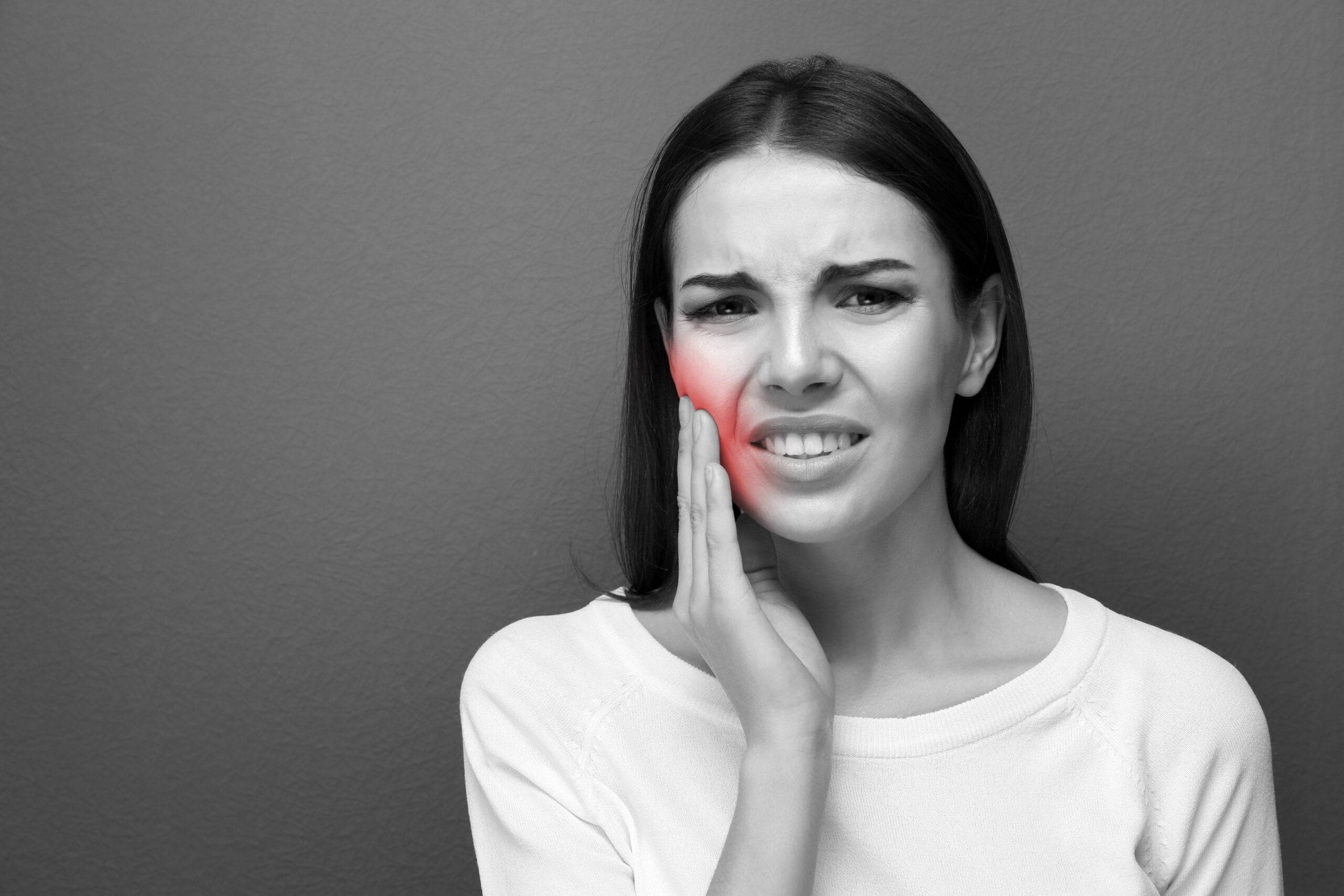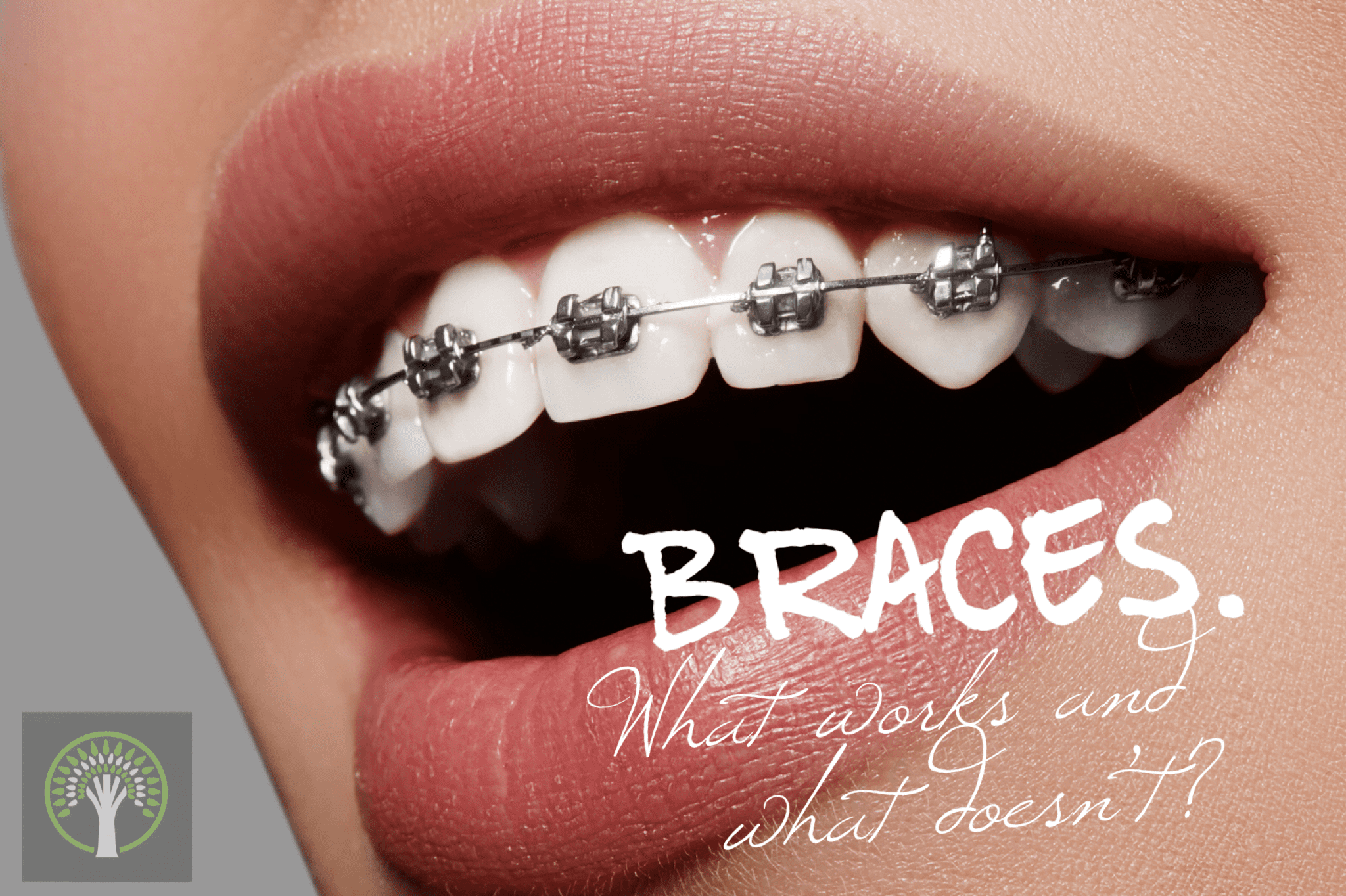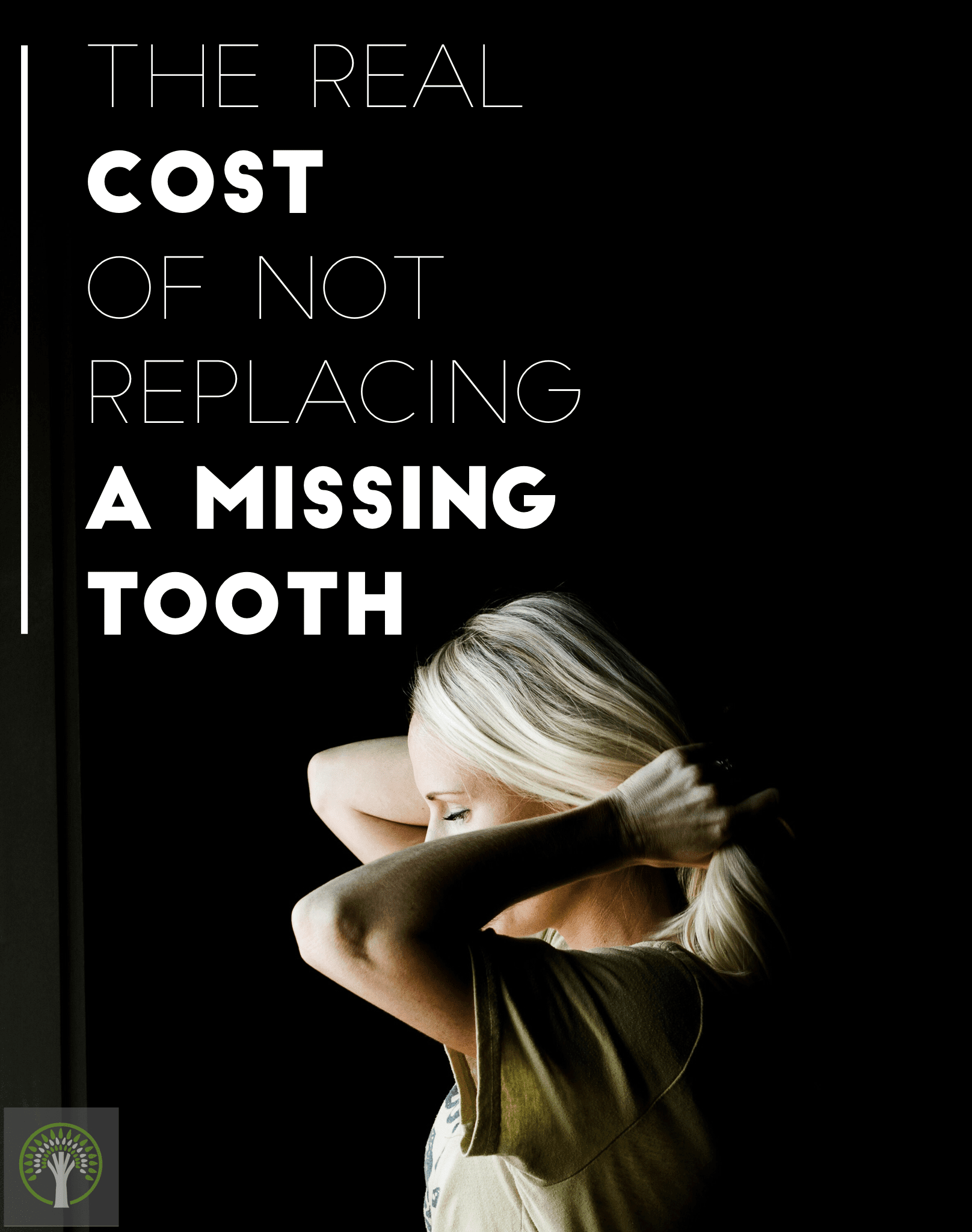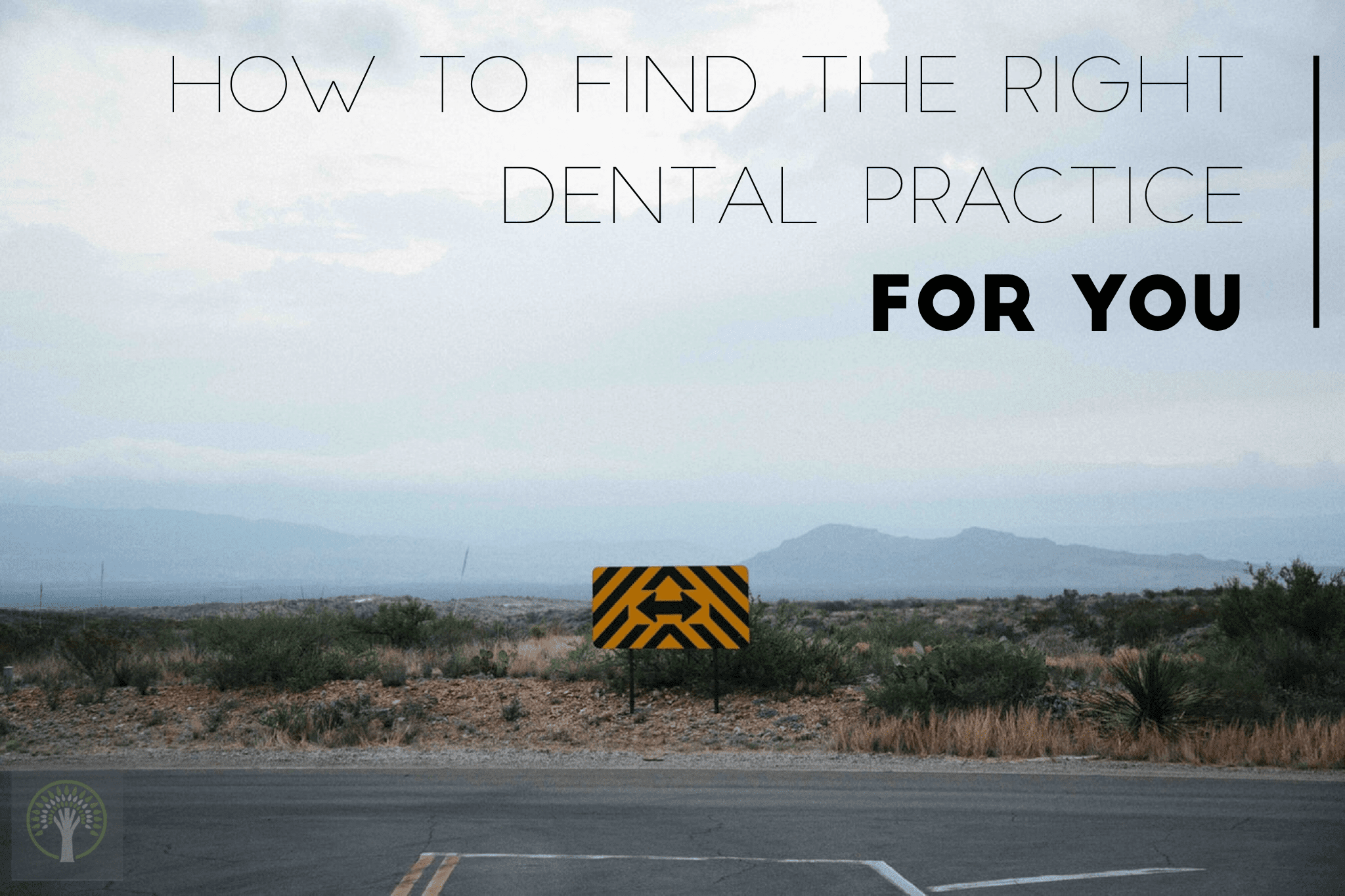Following NHS guidance, every dental practice in the UK has been asked to effectively close their doors and manage patients remotely where possible.
If you do develop dental pain, in almost all cases, we are able to assist our patients remotely and we can provide analgesics, antibiotics and more specific dental advice to help our patients overcome their dental problems until we are able to see them again at the practice.
However, should you be experiencing swelling on your face, bleeding due to trauma, severely broken tooth or finding it difficult to swallow, this does require urgent professional attention so please call us on 01274 633406 where we can assist you further and refer you to an urgent care centre.
There are a few things you can do to that may help reduce the pain without having to leave your house and manage pain from teeth, gums, ulcers and/or broken teeth until you are able to see us:
How to manage pain from teeth while self-isolating?
Anti-inflammatory tablets (NSAIDs)
Anti-inflammatory tablets (NSAIDs) can reduce the sensitivity. A combination of ibuprofen and paracetamol has been found to be beneficial if you can take them both. However, patients who have confirmed COVID-19, or believe to have COVID-19 should take paracetamol in preference to ibuprofen. Please take in accordance to instructions on the packet.
Tip: Don’t stop taking the anti-inflammatory when the pain stops (or it will come back again).
Desensitising toothpaste
Desensitising toothpaste such as Sensodyne repair and protect or Colgate sensitive pro relief can help.
Anaesthetic gel
Anaesthetic gel such as Orajel applied to the area can help to numb the pain.
Keep your head elevated
Keep your head elevated at night when you lie down to go to sleep, the blood pressure in the tooth can increase which increases pain. An extra pillow can help keep your head elevated when you sleep.
Saltwater Rinse
Saltwater works to reduce dental bacteria by creating an acidic environment as you swish it around your mouth. It can also help to dislodge bits of stuck food that may be causing pain, helping with managing tooth pain.
Cold Compress
Sometimes tooth pain can lead to swelling. A cold compress can help reduce your swollen face and can also offer some temporary pain relief. It is especially effective when you have a chipped tooth or one that was knocked loose. However, if red gums and a fever accompany the pain, there may be an infection, and you should immediately us.
Tip: Never put heat externally on your face as this can draw the infection into the tissues in your face causing external swellings.
How to manage pain from gums while self-isolating?
If there is bacteria or food debris trapped between the gum and the tooth, this can cause pain.
Clean the area
Thoroughly clean the area with floss or a Te-Pe interdental brush. You could put Corsodyl Gel onto the brush to help clean the area.
Rinse thoroughly
Rinse thoroughly with Corsodyl mouthwash can help (but Corsodyl will stain your teeth so we don’t recommend this for long term use).
How to manage pain from ulcers?
Mouth ulcers can be a sign of underlying medical conditions, so if they don’t heal within two weeks, please get them checked by a dentist.
To reduce the discomfort, you can try:
• Anaesthetic gel such as Orajel
• Warm salty mouthwath
• Difflam (Benzydamine) spray or mouthwash
• Thorough cleaning (even if painful)
• Corsodyl mouthwash (max. 1 week use)
• Soft diet
• Painkillers
To help with healing of ulcers, you can try:
Gengigel can be effective as well as soothing the pain
How to manage pain from broken teeth while self-isolating?
If a tooth or filling has chipped or cracked, this can cause sensitivity from the tooth being exposed or pain to your tongue from sharp edges.
The sensitivity can be reduced by rubbing a de-sensitising toothpaste onto the tooth or placing a temporary filling material over the broken corner until a more definitive filling can be placed.
Download a short guide on how to manage your toothache, which has been put together by the creative @digimax_dental team.
It may be a few more weeks before we can resume ‘normal’ dental care, however, we are available over the phone to help with any of your dental needs so please don’t be afraid to contact us on 01274 633406 for any dental advice.
Thankyou for reading & stay safe!
From the Eccleshill Dental team







 Here are the disadvantages:
Here are the disadvantages: Here are the disadvantages:
Here are the disadvantages:




